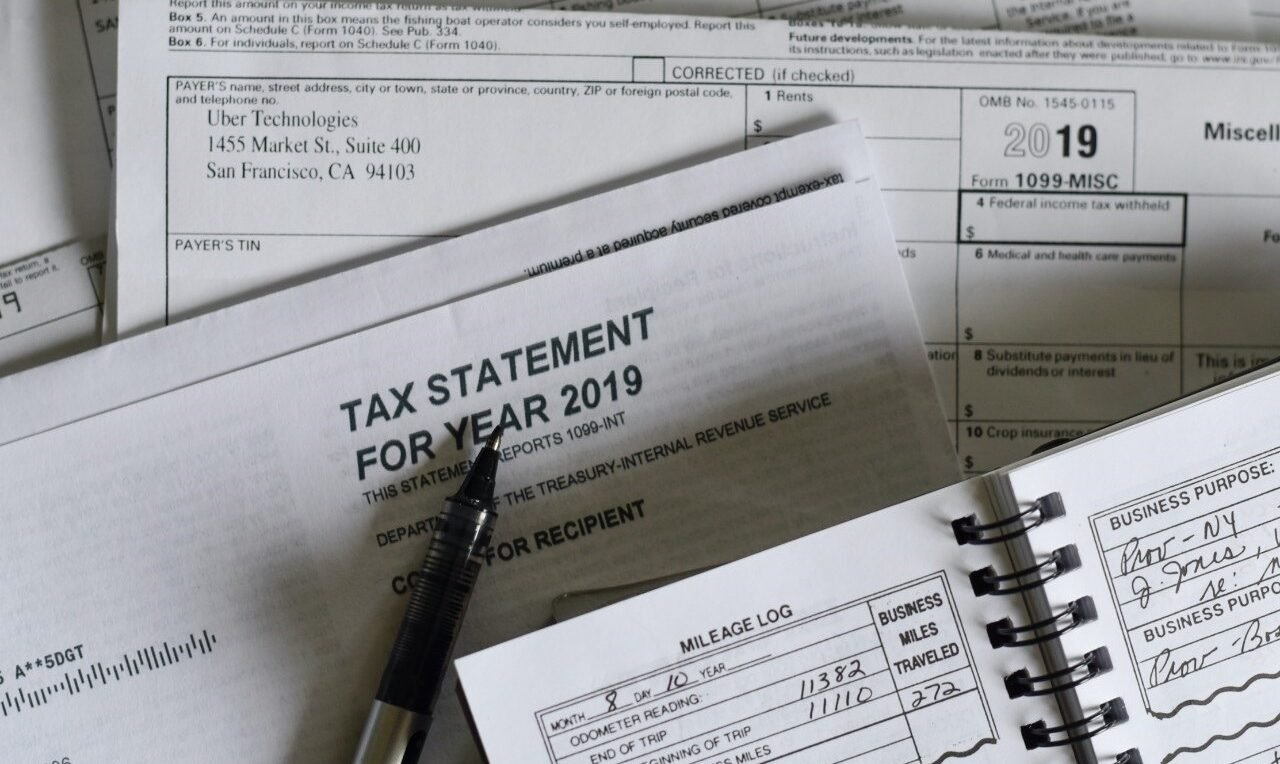Latest update – July 2020 – Following the rush to implement businesses support in the wake of COVID-19, HRMC temporarily paused their usual tax investigation activities. However, they have now resumed these processes and paying particular attention to businesses that may have made improper use of the COVID-19 Government support schemes such as SEISS and CJRS.
Who can be investigated?
Any business or individual can be selected for investigation by HMRC. From landlords and overseas investors, to SME’s and freelancers, it makes no difference the size, type or age of your business. The process is completely random and many of those selected have done nothing wrong. Ultimately if you are responsible for submitting a tax return then there is always the possibility of an investigation. Therefore, it pays to be aware of the processes involved and to be prepared should you be selected.
Extent of the investigation
The initial letter from HMRC informing you of a tax investigation will include a deadline for your response, usually between 30 and 35 days. You are highly recommended to seek professional advice from your accountant as soon as possible and ideally before making your response.
It’s in your best interest to respond within the timescale given in the letter from HMRC. If you do not respond within the timescale given, the inspector can issue a formal notice, which orders the production of documents and particulars to HMRC. If you do not comply with such a notice you will be charged a monetary penalty.
The extent of an enquiry could range from a simple ‘aspect’ enquiry relating to a specific entry on a tax return, to a full-scale enquiry of company accounts.
If a full enquiry is undertaken, HMRC will require extensive detail and are likely to ask you to provide business records for the whole year relating to the tax investigation.
On the other hand, an aspect enquiry will typically focus on one element of the tax return. The average duration of a full investigation is around 16 months whereas an aspect investigation (which only looks at part of a tax return) usually lasts between 3 – 6 months.
You can be asked to attend a meeting with the inspector, and while you don’t have to attend and the inspector can’t force you to do so, a meeting is often the quickest and simplest way to progress an enquiry.
Records required by HMRC?
HMRC will usually request submission of all records maintained by the business for the year of enquiry and you will be obligated to provide this information. The information required will be dependent on the specifics and extent of the enquiry. In most instances, however, they are likely to request:
- bank statements
- sales invoices/till rolls
- VAT records
- quotes or estimates
- paying-in slips
- expense receipts
- payroll records
- credit card statements
Where records are kept electronically, you would be required to provide details of the cloud accounting software package used.
Associated cost of a tax investigation
Once the investigation is concluded, and if a minor adjustment needs to be made, the investigator will amend the submission and advise you of the amount due, including any penalties.
Where larger adjustments are required, the inspector can use the presumption of continuity to assume that the same error had occurred in all your returns. The level of adjustment sought in the year of enquiry will form the basis of adjustments for other years without even reviewing these records.
The number of earlier years brought into any settlement will depend on the reason for the error identified. If the adjustment arose from a careless error, HMRC can include a maximum of 6 earlier years in the settlement but if the error was deliberate then HMRC are able to go back for 20 years.
Once concluded, a penalty can be charged for the submission of an incorrect return. The penalty received reflects the nature of the incorrect return, therefore, the penalty will be larger if you deliberately concealed income than if you made a mistake despite taking reasonable care.
A tax investigation may also expand, for example, to a corporation tax investigation leading to enquiries into the directors’ personal tax affairs. Your accountant can advise you what to do if HMRC is asking for too much information, taking too long or otherwise behaving unreasonably.
Even if no issues were found on completion of the investigation and no action is taken by HMRC, it may well have still cost you money in accountancy fees for the services provided to comply with HMRC requests.
How your accountant can help
Taking expert advice from your accountant as soon as you are notified of an impending tax investigation is imperative. An accountant will support you by:
- Translating the complexities of an investigation into simpler terms
- Managing dialogue with HMRC
- Assisting with the submission of information and documentation to HMRC
- Securing an outcome to satisfy both parties
Tax Fee Protection Insurance
HMRC enquiry activity is at an all-time high and protecting yourself and your business in advance by taking out tax investigation insurance could save you thousands. Kingston Burrowes offers all clients the opportunity to buy Tax Fee Protection Services, in partnership with PfP Online.
If you are subject to a tax investigation, your fees will be paid for if you are a subscriber of this service. You’ll not only have peace of mind that your costs are covered, but you will be reassured to know that a familiar team that already knows your business will be in your corner. Find out more about our Tax Investigation Services.
It is important to understand, that insurance of this type also relies on you being a conscientious taxpayer. For your cover to be valid, you must complete and submit the relevant returns properly, and on time. You should also understand that tax protection will not cover any underpaid tax, penalties, fines, or interest. Instead, it is there to help you deal with the costs of an investigation.




